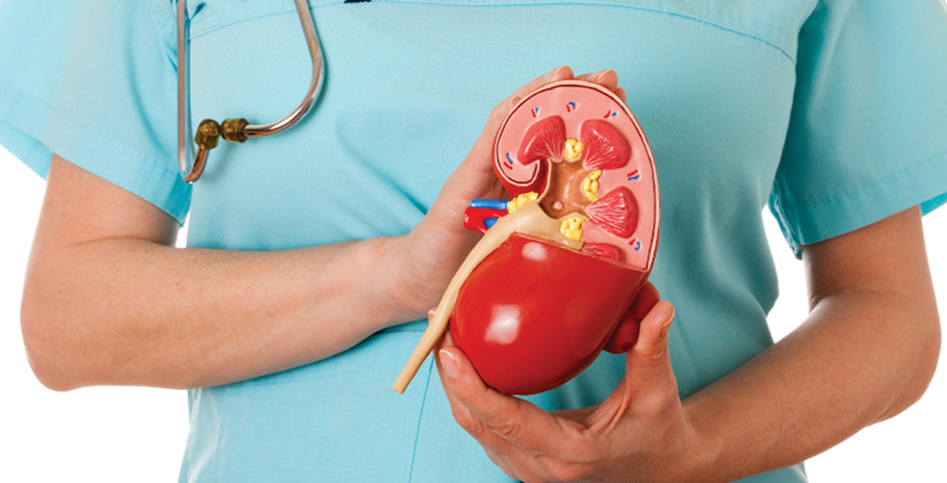When you hear of kidney stones, you might be surprised to learn that they can be as small as a grain of sand or as large as a golf ball. Kidney stones are solid masses that form in the kidneys when certain substances in the urine become highly concentrated. These can cause severe pain in the side and back, nausea, and difficulty urinating.
If you have kidney stones or know someone who has them, then this article is right for you. Understanding the basics of kidney stone management is crucial for effectively dealing with this condition.
What causes kidney stones and risk factors?
Several factors can lead to the formation of kidney stones. Among these are a lack of sufficient water intake, a diet high in sodium, medical conditions such as obesity, high blood pressure, and gout, and a family history of kidney stones.
Both men and women can get kidney stones, although men have nearly double the risk as women. It’s often challenging to determine what triggers kidney stones. However, they occur when your urine has high levels of calcium, oxalate, and uric acid.
What are the symptoms of kidney stones?
Common symptoms of kidney stones include frequent urination, a persistent urge to urinate, urine that smells bad, and severe pain in the back, side, or lower abdomen. Additional signs and symptoms are fever, nausea, and vomiting. If you suspect you have kidney stones, you should seek medical attention from a urology consultant in Singapore for a proper diagnosis and treatment.
If you experience any of these symptoms or when the pain is so intense that you can’t sit still or find a comfortable position, schedule an appointment with a urology specialist in Singapore. And to find the right urology consultant in Singapore, consider factors such as their experience, expertise, and patient reviews.
What are the treatment options for kidney stones?
The treatment of kidney stones depends on the type of stone, its size, location, and severity of symptoms. Remember, not all kidney stones need treatment. Small kidney stones, for instance, may be removed when peeing. However, larger stones require medical intervention.
When your kidney stone is small, it is recommended to drink water to help flush it out of your system. Your goal is to have clear urine.
In some cases, over-the-counter pain medications may be prescribed to help with the passing of the stone and reduce discomfort.
However, if your kidney stones are too large, your urology consultant in Singapore will recommend more extensive treatments so your body can get rid of them. These include extracorporeal shock wave lithotripsy or using sound waves to break up stones; ureteroscopy or using a scope to remove stones; and percutaneous nephrolithotomy or surgery to remove very large stones in the kidney.
In addition to these medical treatment options, there are also natural remedies that help in the management of kidney stones. These include the following: (1) increasing water intake; (2) increasing the intake of fruits and vegetables; (3) having a diet low in salt and animal protein; (4) drinking and eating enough calcium; and (5) avoiding certain foods and soft drinks.
Summing it up
Kidney stones can be a painful condition, but with the right knowledge and support, effective management is possible. Don’t let kidney stones hold you back; reach out to a urology consultant in Singapore today and start your journey towards better health.










